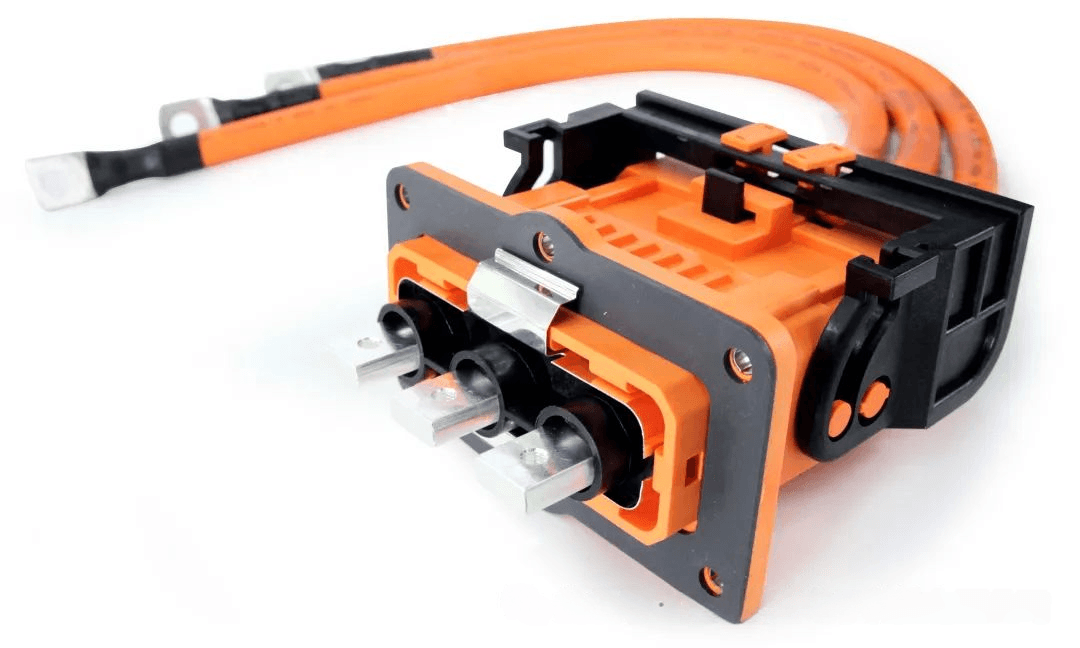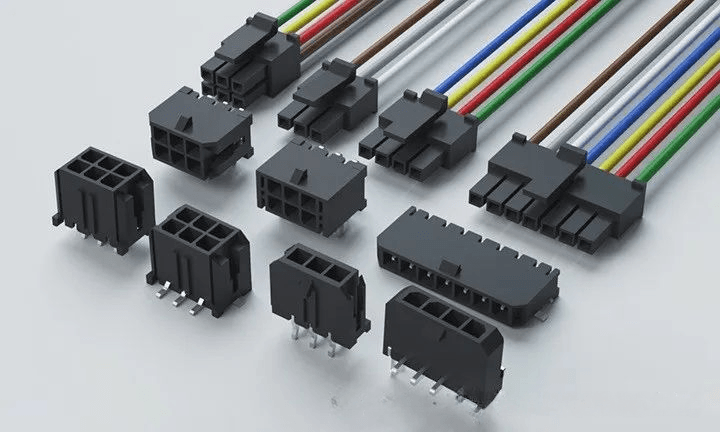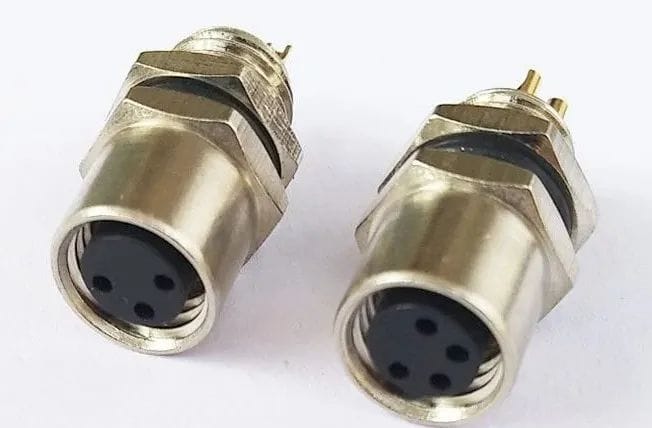The connector industry is an important component of modern electronics, communications, automotive, aerospace, and other fields, and its development is closely related to technological progress in these areas.

Background of the automotive connector industry
The connector industry is an important component of modern electronics, communications, automotive, aerospace, and other fields, and its development is closely related to technological progress in these areas.
Development Status of Automotive Connector Industry
1. The market size of connectors is huge, involving multiple fields including but not limited to electronic communication, automotive, industrial control, medical aerospace, etc. According to data from market research institutions, the global connector market is continuously expanding and is expected to maintain stable growth in the coming years.
2. Technological innovation: With the continuous expansion of electronic product functions and the continuous improvement of performance, connector technology is also constantly innovating. For example, new types of connectors such as high-density connectors, high-speed transmission connectors, and high-temperature resistant connectors are constantly emerging to meet the demand for connectors in the new generation of electronic products.
3. Application areas: Connectors are widely used in various fields, with electronic communication and the automotive industry being the main application areas. With the commercial promotion of 5G technology and the development of automotive intelligence, the demand for connectors in these fields will further increase.
4. Competitive landscape The connector industry is fiercely competitive, with major manufacturers including Tyco Electronics, Amphenol, Delphi, Molex, Fci, and others. These manufacturers compete in terms of product quality, technological innovation, and services, and the market landscape is relatively stable.

Future prospects of automotive connectors
1. Technological Trends: The future development of the connector industry will revolve around several technological trends: high-speed transmission: With the continuous improvement of data transmission rates, connectors need to have higher transmission rates and lower signal losses. Miniaturization: With the continuous reduction of electronic product volume, connectors need to achieve more miniaturization and high-density layout. High reliability: Especially in aerospace, medical and other fields, connectors have higher requirements for reliability, and in the future, research and testing efforts on reliability will be increased.
2.In the future, connectors will continue to play an important role in fields such as electronic communication, automotive industry control, healthcare, and aerospace. With the continuous emergence of new technologies and the expansion of application scenarios, the application prospects of connectors will be even broader.
3. Industry Challenges Although the connector industry has broad prospects, it also faces some challenges, such as material technology: With the continuous upgrading of electronic products, connectors require the use of higher performance materials, which puts higher demands on material technology. Environmental requirements: With the increasing awareness of environmental protection, the connector industry needs to pay more attention to the research and application of environmentally friendly materials to reduce its impact on the environment.

Conclusion
As a key component of electronic products, the development of connectors is closely related to the progress of electronic technology. In the future, the connector industry will face new opportunities and challenges in terms of technological innovation, application expansion, and market competition. With the continuous development of the global electronics industry, the connector industry is expected to maintain stable growth and play a more important role in various fields.



